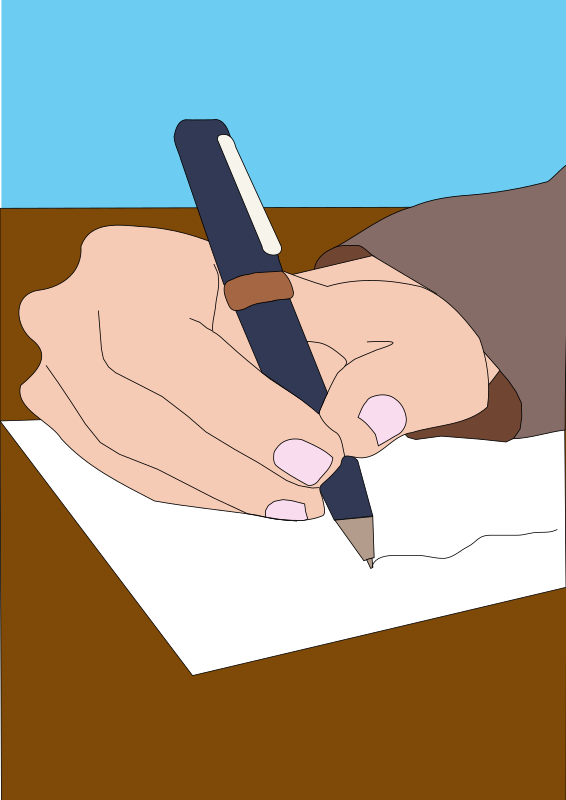
Generally, these perks—memory, learning, and reality—have
made journaling a favorite activity of mine. But a three-month gap in my high
school journal proves an exception. I didn’t want to remember or learn anything
else about that time. And more than anything, I wished it didn’t have to be
real.
My intent had been to banish the memories, but instead I’d
put them under house arrest. The unexpressed anger, questions, and grief
stiffened my soul.
So one day I gave in. I wrote. Not in my journal—not in a
way that would make much sense to anyone else. This time it was a poem.
Literarily, it wasn’t much. It didn’t even kick out the memories.
But it brought
her to my door: Peace. And she—she picked the lock, creaked open the door, and
called in restful tones, “You need not stay here—you are free to go.” She was
speaking to the memories, but also to me.
All of us return now and again, but only when we choose to—when
we’re ready for the learning and reality. But Peace always comes with us. And
she makes all the difference.
Other spiritual-literary experiences:
Other spiritual-literary experiences:
- Seeing myself in the character of a story I was writing--and thereby something I needed to change
- Understanding an Emily Dickinson poem so well it knocked the wind out of me
- Venting my anger at a boy through a poem (and then forgiving him about three rereads later)
- Watching the film version (with Kenneth Branagh one, of course) of "Much Ado About Nothing" and realizing why Shakespeare is worth studying in every single English class
- Finishing the "Harry Potter" series and feeling like I'd lost one of my closest friends
- The first time I wrote a sonnet (incorrectly, but that didn't end up being important), which made that form my favorite to write in
- Receiving "letters" (actually script-style records of conversations with near-edible morsels of personality) from my family on my mission
I find the connection between writing and memory to be really important. I like how you explained that "something written is something remembered." My brain works in a similar way. I wonder why that is. What is the connection between memory and writing that enhances our memory and helps us find peace when we write the hard things down?
ReplyDeleteI love your post because you have put into words my own thoughts and feelings on a personal experience that I have just recently went through, and yes, it is not until we have written it down that we can find Peace, and I might add, Forgiveness too.
ReplyDeleteI would also like to hear more about why Shakespeare is worth studying and how you came to that realization.
I can relate to writing through feelings (I don't know if you read my post or not, but it was similar), I was really surprised how many of your bullet points resonated with me as well (ike your experience with Kenneth Branagh in "Much Ado").
ReplyDeleteI'm intrigued with what you said about Emily Dickinson. I LOVE her (who doesn't?) and learning about her and reading her work astounds me. I'd be interested to learn more about that experience.